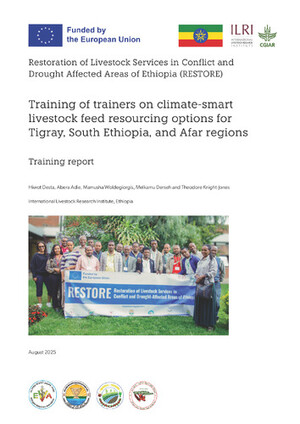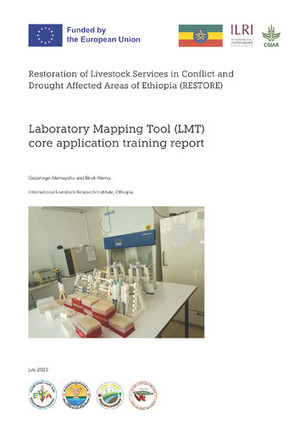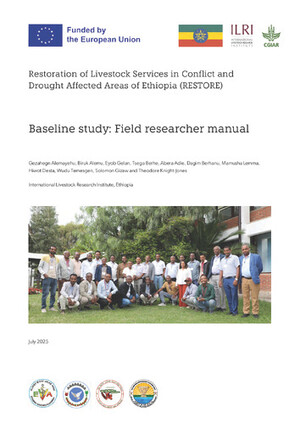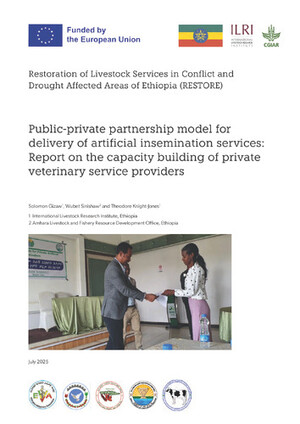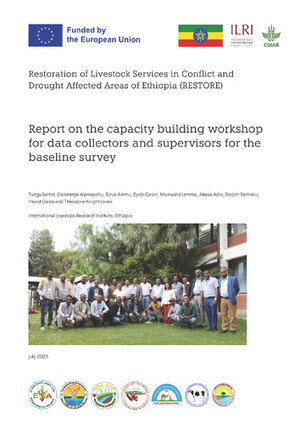
Impacts of One Health on education, research, and development: A case of Uganda
Abstract
Certain public health challenges are made more complex to manage due to the intricate interactions between humans, animals, and the environment, necessitating a sustainable holistic approach known as One Health (OH). OH is a multidisciplinary framework that operates at local, national, and global levels to promote optimal health across human, animal, and environmental domains. In Uganda, the governance of OH is hampered by weak linkages primarily confined to key ministries – Agriculture, Animal Industry and Fisheries (MAAIF), Health (MOH), Education and Sports (MOES), and Water and Environment (MWE). This limited scope contributes to OH being perceived as relevant only to these ministries, while other governmental bodies, agencies, and departments undervalue it. Additionally, the existing gaps among professionals in human health, animal health, and environmental health sectors further hinder OH implementation. Despite ongoing efforts by institutions to advance OH education and research within their specific areas, there is a notable lack of collaborative initiatives. Through the Capacitating One Health in Eastern and Southern Africa (COHESA) project, this study presents baseline findings on OH in Uganda, focusing on research and development, governance, education, and implementation.
Citation
Kankya, C., Okello, J., Muwanguzi, D., Monje, F., Mugizi, D., Muleme, J., Baguma, J., Teremwa, M., Ayebale, R., Ayoo, S., Knight-Jones, T., Roesel, K., Lukuyu, B. and Richards, S. 2024. Impacts of One Health on education, research, and development: A case of Uganda. One Health Cases 2024 (2024): ohcs20240029.






